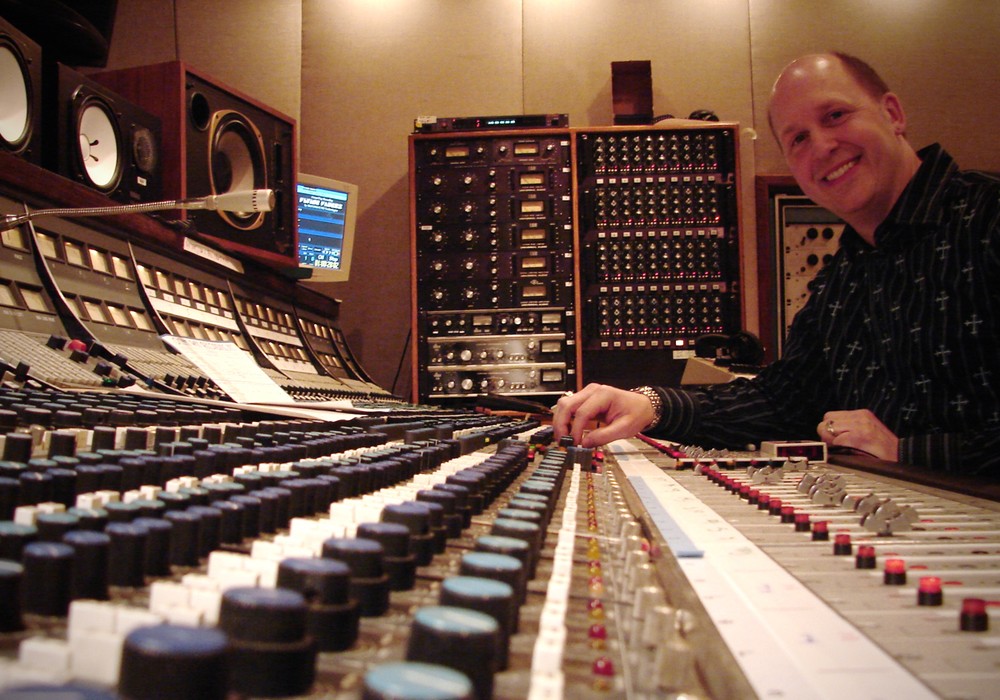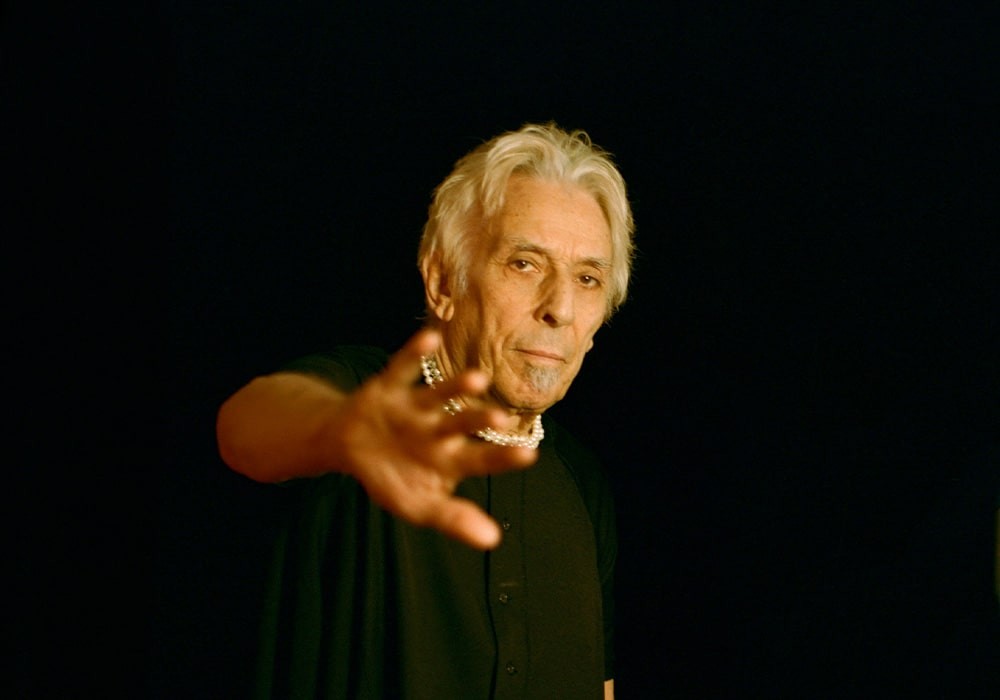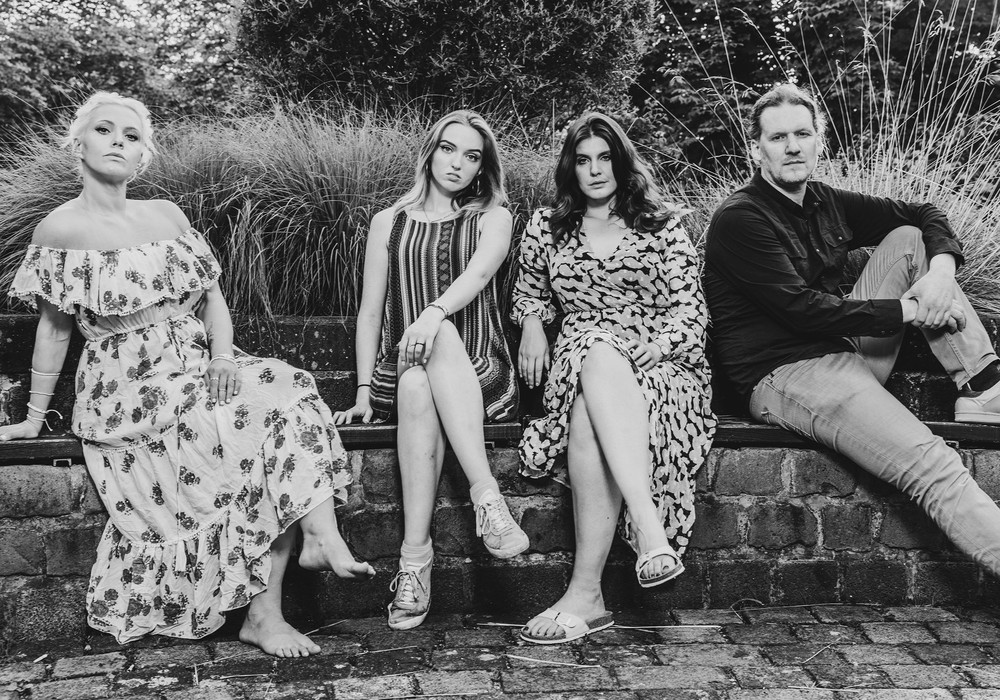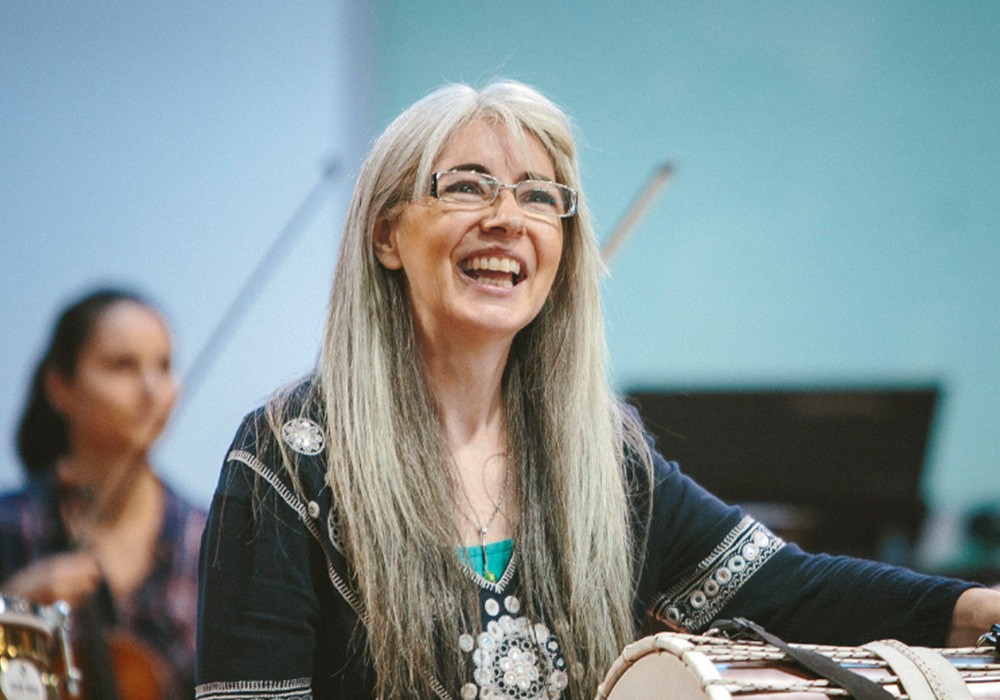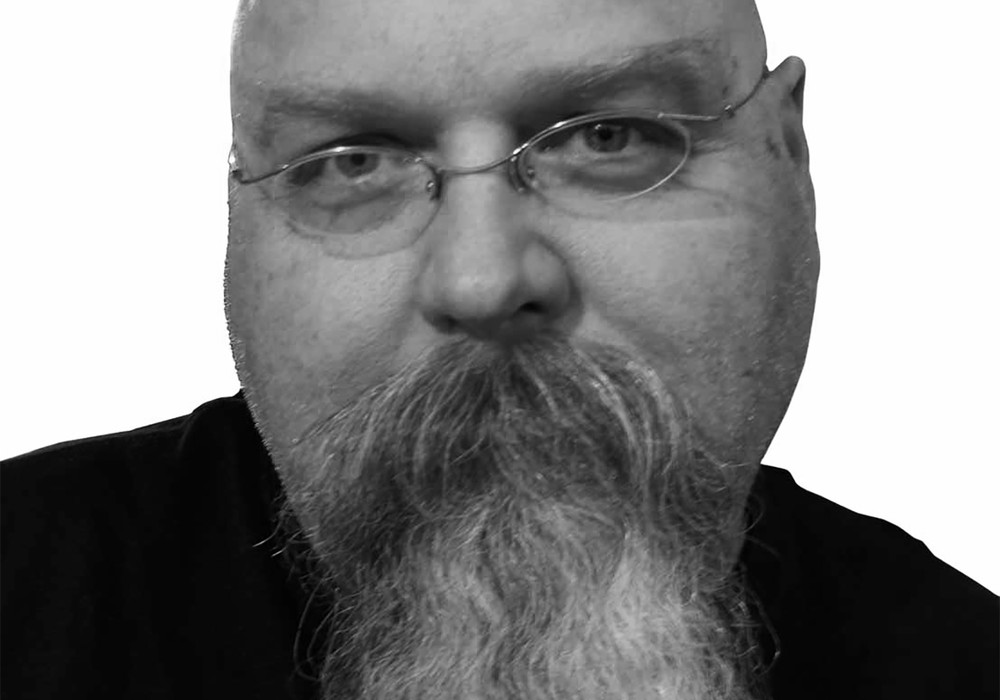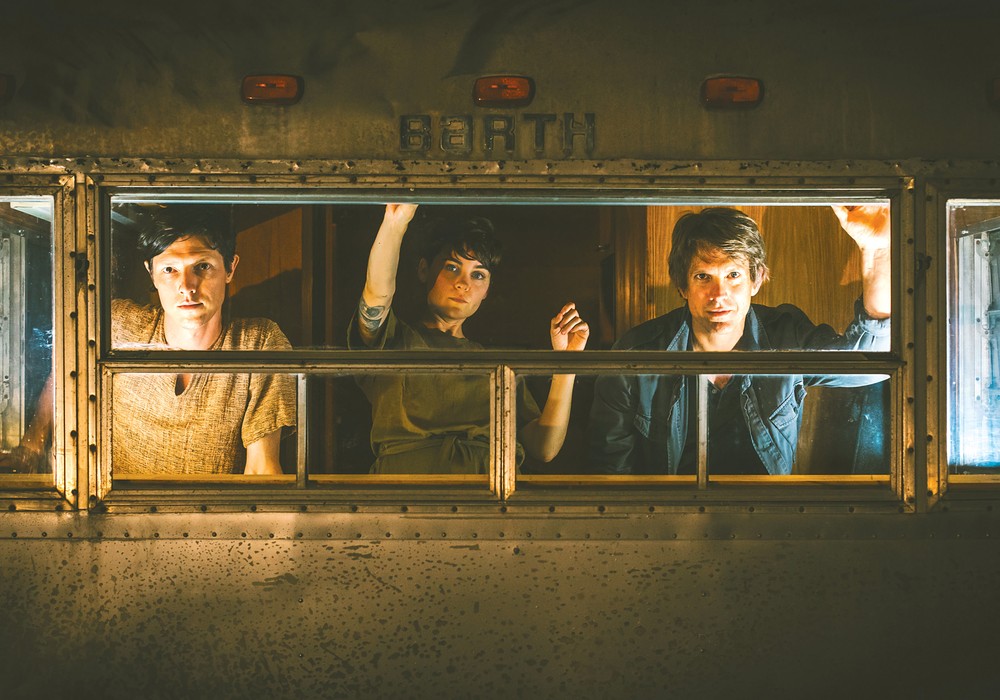When I was in my early teens and started to get the listening bug, I went on a huge British pop/rock spree. Records by Elvis Costello, Squeeze, Lene Lovich, The Undertones and the Nick Lowe/Dave Edmunds/Rockpile camp were some of my favorites. Then I noticed they all listed an engineer/producer named Roger Bechirian in the liner notes. Some of these albums were destined to become groundbreaking pop classics (Elvis Costello's Armed Forces, Nick Lowe's Jesus of Cool, Squeeze's East Side Story) and they all had an appealing, unfussy, clean, and natural sound that ran against the grain of the gated reverbs of the day. The recordings always sounded like an amazing band was playing tracks like their lives depended on it. The drums were clear and dry-ish, with a perfect combination of tone and impact. The guitars and vocals sounded loud and close. The bass lines always popped through the mix, without being cloudy. And keyboards served to support the song, never getting gimmicky. No small feat in 1981! "Tempted" by Squeeze is a prime example. Listen to that today and try to tell me it sounds dated. It doesn't. It's a great song, arrangement and performance committed to tape in a completely appropriate, timeless way.
Can we hear a bit about your career trajectory and how you got interested in recording?
It was from an early age. I was the geeky one looking at the back of albums to see what studios they had been recorded in. I wasn't even sure what production meant. Everyone else knew the names of band members. I never knew that, but I could tell you who the engineer was! My father used to be a photographer and he was very interested in creativity. He had a tape recorder that I used to play around with. I learned very quickly about feedback and being able to edit and cut things up.
What bands were you listening to around this time?
The Beatles played a big part. The thing that really sucked me in though was the Tamla Motown era. Those Marvin Gaye recordings were just honey to my ears. I'll tell you what also really did it for me: The Beach Boys' "Good Vibrations." That was such a magical trip of, "How on earth do they do those things?" I think I must've worn that single out in a day, just listening to it over and over again. I loved listening to the layers of vocals. I felt, "I have to be able to do this!" I remember sitting on the steps of my parents' house with a phone book and looking through it for recording studios. I rang every one of them, starting with Abbey Road! Eden Studios, a small studio at the time in Kingston, West London, took me on in the early '70s. They had a Scully lathe. Anyone who recorded there would go away with a 7- inch acetate of the session. This was before cassettes. So, they wanted to train me to do that. Record companies would want 20 cuts of the next single to have as references for their departments.
That's some labor there!
It was very tedious. They trained me in the basic skills of mastering with this lathe. At the time it was mono. In the middle of doing that, there would be sessions going on in the studio. It was quite a small affair — they'd built it all themselves. It was really old school and everything was totally dead. The desk was based off an old BBC design, with the reverse operating faders and all of that. I got a taste of the process and got to assist on a few sessions by moving microphones around and what not. They had an Ampex 4-track at the time.
At this point, you were college-aged?
Yes. They had to move from the premises two years after that. They found this old warehouse in Chiswick, London. They had a studio designed and built from helped build the desk and wire the studio. I was studying electronics at college, so I had some background. It opened my eyes an awful lot. Two of the owners were BBC-trained. They felt it was important that I get a really good grounding, so they sent me off to a Tonmeister Course in England. That's like a three or four year thing.
What is that?
Tonmeister is an engineering standard in Germany. You have to be able to read music, but I was sent there more for the engineering side. You take microphones apart so you can learn how they work. You learn what compressors do. When you compress something, what's actually going on? Curves, release times and things like that. I got to learn an awful lot; I'm very grateful they insisted I have that kind of grounding. In those days it was very standard. If you worked at EMI, there was a training procedure you went through. You needed to know how to line up a multitrack.
In the late '70s and early '80s you engineered and produced a lot of records for Nick Lowe, Elvis Costello, Rockpile and Squeeze that I love.
The Undertones were another band around that time, though I don't think they did much in America at all.
I got their first album in high school and just played the hell out of it.
The Undertones were great! [Sire Records head] Seymour...
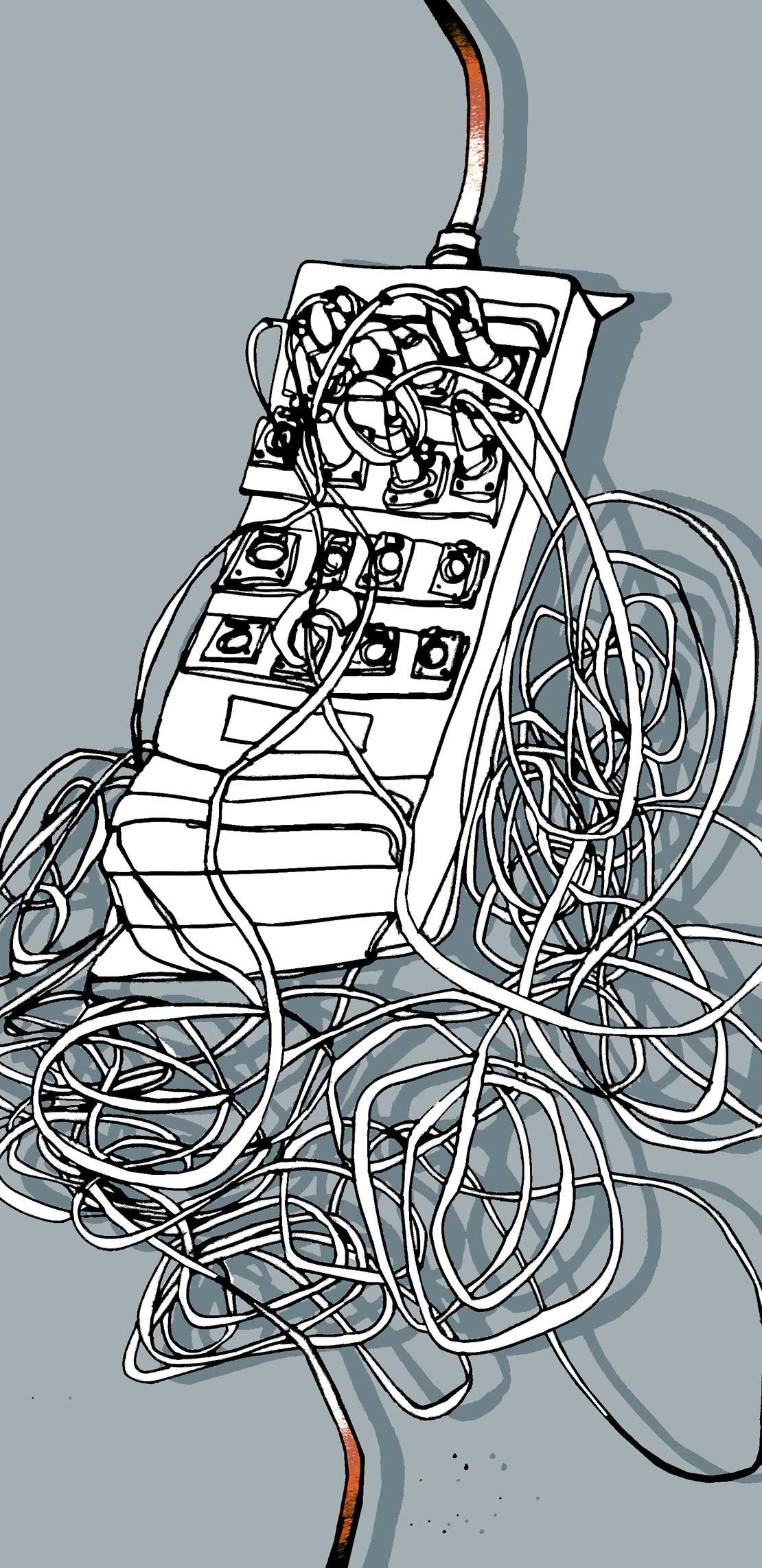

_display_horizontal.jpg)
